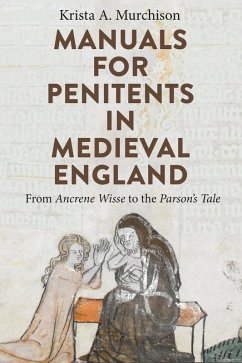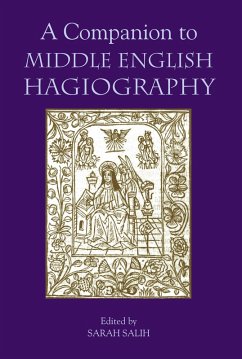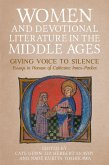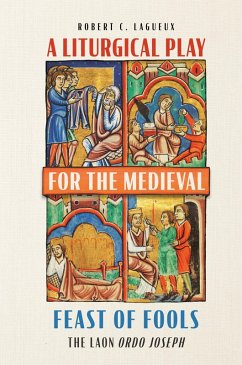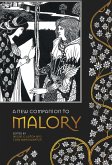First comprehensive survey of a major genre of medieval English texts: its purpose, characteristics, and reception.
The "bestseller list" of medieval England would have included many manuals for penitents: works that could teach the public about the process of confession, and explain the abstract concept of sin through familiar situations. Among these 'bestselling' works were the Manuel des péchés (commonly known through its English translation Handlyng Synne), The Speculum Vitae, and Chaucer's Parson's Tale.
This book is the first full-length overview of this body of writing and its material and social contexts. It shows that while manuals for penitents developed under the Church's control, they also became a site of the Church's concern. Manuals such as the Compileison (which was addressed to a much broader audience than its English analogue, Ancrene Wisse) brought learning that had been controlled by the Church into the hands of layfolk and, in so doing, raised significant concerns over who should have access to knowledge. Clerics worried that these manuals might accidentally teach people new sins, remind them of old ones, or become sites of prurient interest. This finding, and others explored in this book, call for a new awareness of the complications and contradictions inherent in late medieval orthodoxy and reveal plainly that even writing that happened firmly within the Church's control could promote new and complex ways of thinking about religion and the self.
The "bestseller list" of medieval England would have included many manuals for penitents: works that could teach the public about the process of confession, and explain the abstract concept of sin through familiar situations. Among these 'bestselling' works were the Manuel des péchés (commonly known through its English translation Handlyng Synne), The Speculum Vitae, and Chaucer's Parson's Tale.
This book is the first full-length overview of this body of writing and its material and social contexts. It shows that while manuals for penitents developed under the Church's control, they also became a site of the Church's concern. Manuals such as the Compileison (which was addressed to a much broader audience than its English analogue, Ancrene Wisse) brought learning that had been controlled by the Church into the hands of layfolk and, in so doing, raised significant concerns over who should have access to knowledge. Clerics worried that these manuals might accidentally teach people new sins, remind them of old ones, or become sites of prurient interest. This finding, and others explored in this book, call for a new awareness of the complications and contradictions inherent in late medieval orthodoxy and reveal plainly that even writing that happened firmly within the Church's control could promote new and complex ways of thinking about religion and the self.
Dieser Download kann aus rechtlichen Gründen nur mit Rechnungsadresse in A, D ausgeliefert werden.

